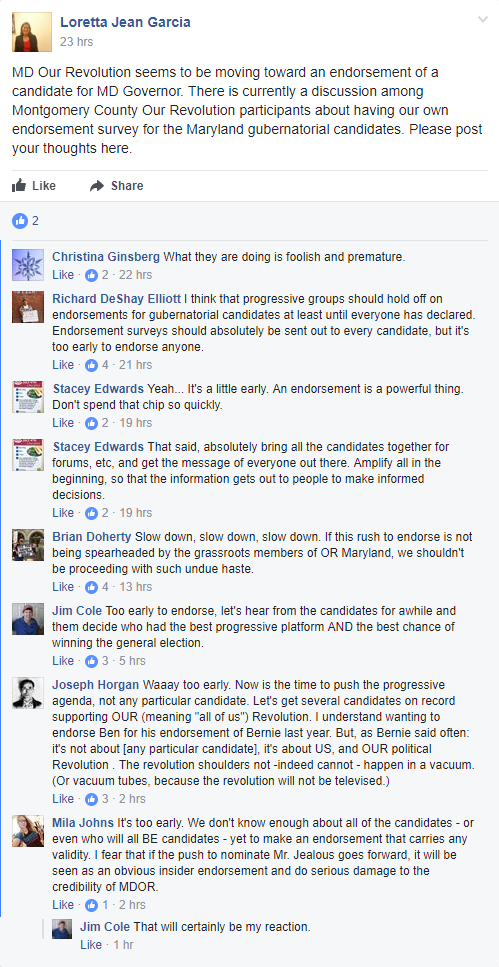Talking about race is rarely easy. In the wake of the 2016 election, it has become even more difficult on the Left because many people are understandably very angry and fearful. America elected a candidate who freely trafficked in racist and sexist rhetoric during his campaign. Trump attacked Latinos, Blacks, Asians, Muslims, Jews, and revealed his misogyny towards women in both business and politics.
Much of that anger, hurt and fear has been directed towards whites, whose increased support for the Republican candidate was crucial to his election. People who wanted to believe that America is better than Donald Trump were deeply let down by their fellow citizens, overwhelmingly white, who voted for them.
Maryland Republicans, like U.S. Rep. Andy Harris, Maryland Sen. Gail Bates and Del. Kathy Szeliga have stood with him. Gov. Larry Hogan has mostly stayed strategically silent but backed Trump’s divisive actions on immigration and other areas.
Some have argued that Democrats should just give up on most white voters, as too racist and a shrinking part of the electorate. This viewpoint dangerously oversimplifies. Although whites threw the election to Donald Trump, they also gave enough votes to Barack Obama to make him president twice. Indeed, Barack Obama gained a higher share of the white vote in 2008 than Bill Clinton, Al Gore, or John Kerry won when they ran for president.
Moreover, Democrats don’t need to win back most white voters in order to win—even small gains among whites would have been enough to deprive Trump of his electoral college victory. Giving up on white voters is political folly. Increases in the rising black, Latino and Asian vote won’t be enough alone to win many of the states moving in the Democratic direction, at least in the medium term.
Additionally, geographic distribution renders capturing more white votes key to Democratic control of federal and state legislatures as well as the presidency. In Maryland, white votes will determine the outcome of legislative elections in most seats targeted by Republicans, such as those held by Sens. Kathy Klausmeier and Jim Mathias, and whether Democrats retain their ability to overturn gubernatorial vetoes in both houses of the legislature.
All of the anger and fear whipped up by Trump has engendered outrage helpful in whipping up Democrats to fight Trump’s many excesses and to mobilize for the next election. To the extent that outrage buys into rhetoric that supports Trump’s framing of politics in racial terms and perceived by whites as hostile, it aids Trump’s efforts to unify whites behind him and further divide the country.
Democrats also cannot assume that they will retain as high a share of nonwhite votes. A less polarizing Republican candidate could easily attract more of the voters that Trump worked so hard to alienate in 2016. Trump left them with little choice but many would welcome conservative candidates who were not viscerally hostile.
Fortunately, most of this sort of rhetoric is easy for Democrats to avoid without giving up on either the party’s economic or equality agenda. Treating whites with respect and taking their interests seriously is not a zero-sum game that requires disrespecting and ignoring African-American, Latino, or other nonwhite voters. As it turns out, raising people up and promoting fuller inclusion and equality does not require dividing America on racial lines. The bad news is that, based on progressive social media feeds, this seems unlikely to occur.
In the current state of polarization and heightened outrage among both parties, racial topics have become virtually toxic unless one goes reiterates dominant viewpoints with accusations of racism and sexism ready to fly among both Democrats and Republicans. As a result, these posts focusing on how Democrats can better white voters may jar some readers.
Nonetheless, over the next few days, I hope to outline a few narratives that Democrats should avoid if they want to expand their coalition to include more white voters. This doesn’t mean I think there are not issues particular to specific other key, important Democratic constituencies. By acting more politically adroit, Democrats will be better positioned to address them. Democrats need to think strategically and not play Trump’s game of racial fear and division.








